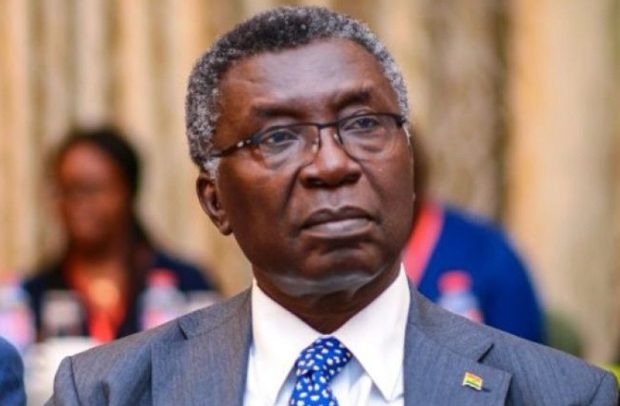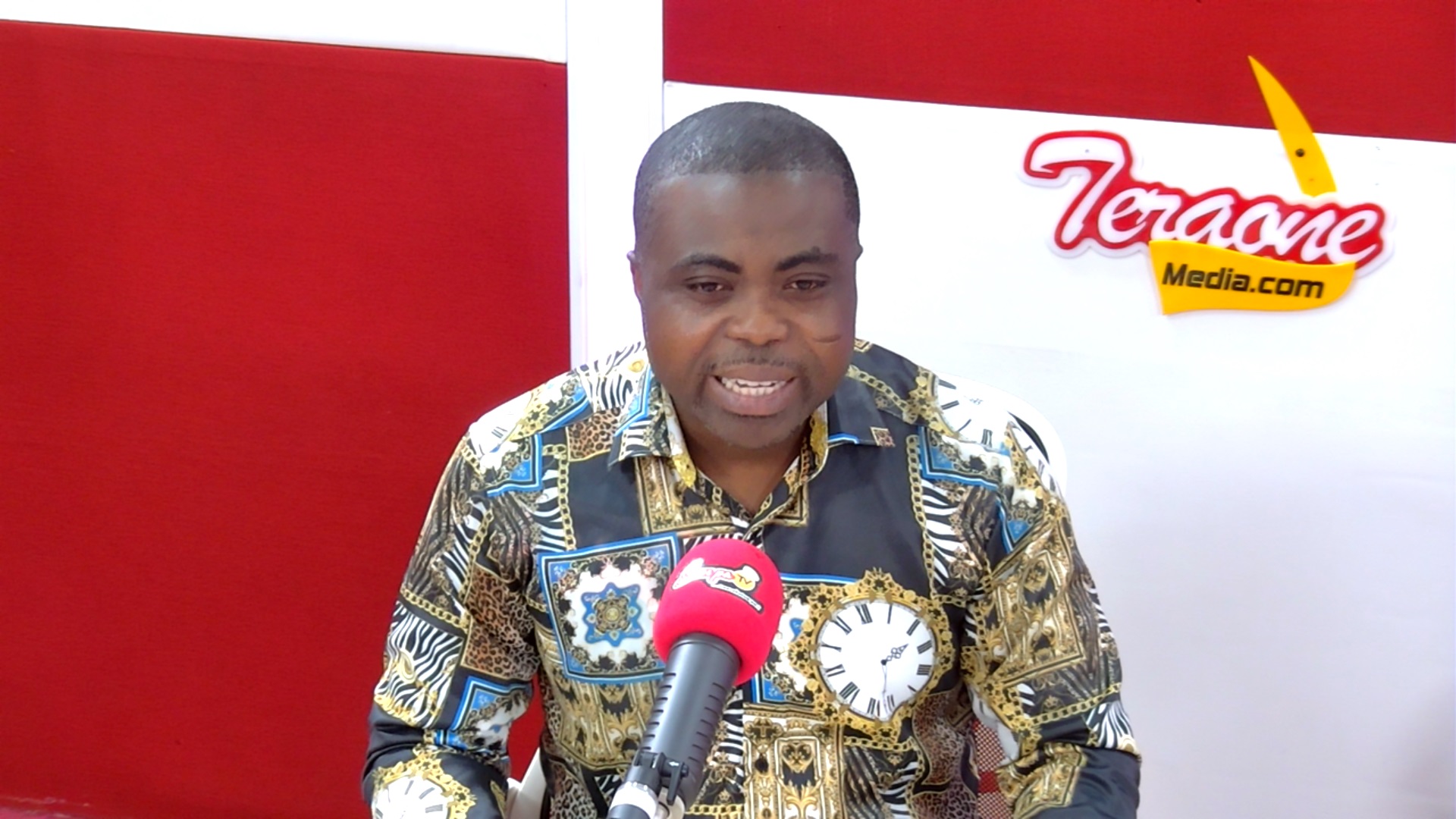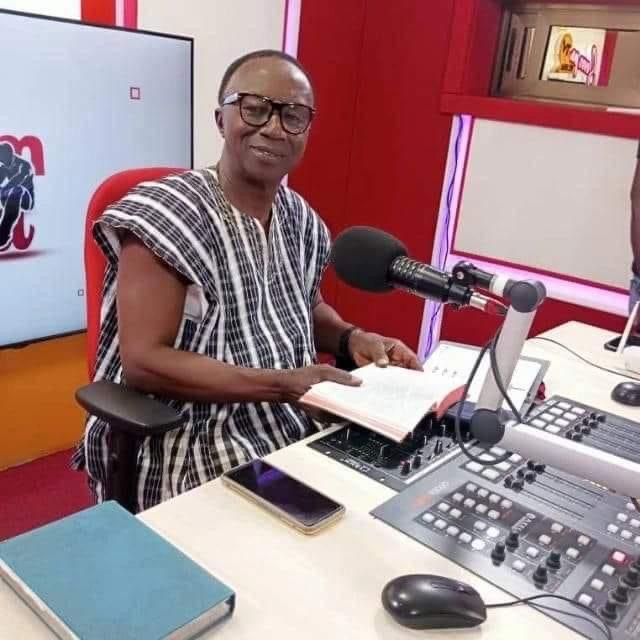The Office of the Special Prosecutor (OSP) has taken former Minister of Environment, Science, Technology, and Innovation, Professor Kwabena Frimpong-Boateng, into custody for his alleged involvement in corruption-related activities.
The investigation into Frimpong-Boateng was initiated following an invitation extended to him by the OSP several weeks ago.
The charges revolve around corruption and corruption-related activities, with a particular focus on his report concerning the dissolved Inter-Ministerial Committee on Illegal Mining (IMCIM). Although he was swiftly granted bail of GH¢2 million following his arrest, the implications of this high-profile case are far-reaching.
Professor Kwabena Frimpong-Boateng, a renowned figure in the field of science and technology, had served as the Minister of Environment, Science, Technology, and Innovation in the previous government.
During his tenure, he chaired the IMCIM, a committee established to address the rampant issue of illegal mining, also known as galamsey, in the country. The IMCIM’s primary goal was to implement strategies and policies to curb the environmental and social problems caused by illegal mining activities.
However, questions arose surrounding the efficacy of the committee’s efforts, leading to mounting concerns about potential corruption within its ranks. These concerns prompted the OSP to invite Frimpong-Boateng for questioning, focusing on allegations of corruption and corruption-related activities within the IMCIM. The specific details of the charges and evidence against him have yet to be fully disclosed.
Upon his purported arrest, Professor Frimpong-Boateng was promptly released on bail. The granted bail amount of GH¢2 million indicates the gravity of the accusations and underscores the seriousness with which the OSP is treating this case. The decision to release him on bail allows him to temporarily avoid detention pending further investigations, ensuring that he does not pose a flight risk or interfere with the ongoing inquiry.
OSP
The arrest of a high-profile individual like Professor Frimpong-Boateng sends a strong message that no one is above the law when it comes to corruption. It reinforces the government’s commitment to combatting corruption at all levels, including within its ranks. The OSP’s pursuit of justice in this case demonstrates the authorities’ determination to hold public officials accountable for their actions and ensure transparency in governance.
It is crucial to remember that, at this stage, Professor Frimpong-Boateng remains innocent until proven guilty in a court of law. The investigation will proceed, and it is vital to allow due process to take its course. The charges against him, if proven, would have severe implications for his reputation and legacy. Equally, if he is exonerated, the public must acknowledge his innocence and refrain from rushing to judgment.
This case highlights the importance of tackling corruption in all spheres of society, especially within government institutions. Corruption erodes public trust, undermines economic growth, and hampers social development. Therefore, it is incumbent upon all citizens to support efforts to eradicate this scourge from our society.
As the investigation unfolds, it is expected that further details regarding the allegations against Professor Frimpong-Boateng will emerge. The case will undoubtedly be closely monitored by the public, who seek answers and justice.
Ultimately, the outcome of this high-profile trial will not only determine the fate of an individual but will also serve as a benchmark for the government’s commitment to upholding the principles of transparency and accountability.
The OSP’s actions in arresting Professor Frimpong-Boateng signify a resolute stance against corruption, demonstrating that no individual, regardless of their status, is immune from investigation and prosecution.
Sompaonline.com













 Sompaonline.com offers its reading audience with a comprehensive online source for up-to-the-minute news about politics, business, entertainment and other issues in Ghana
Sompaonline.com offers its reading audience with a comprehensive online source for up-to-the-minute news about politics, business, entertainment and other issues in Ghana